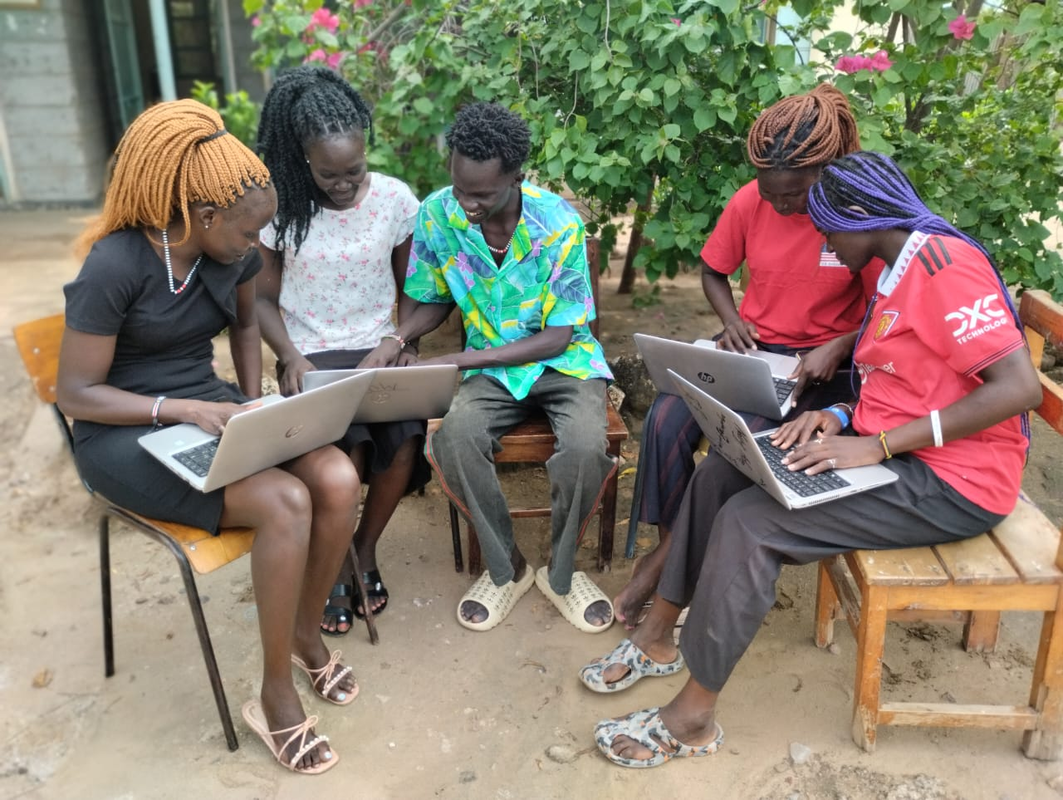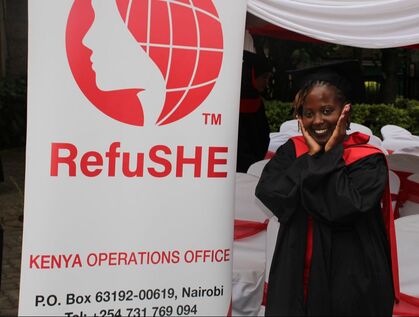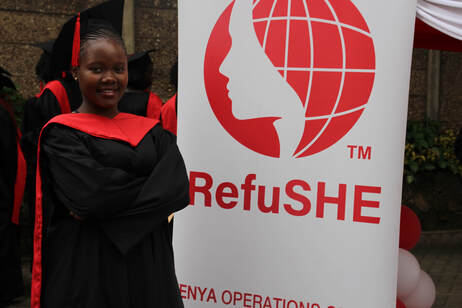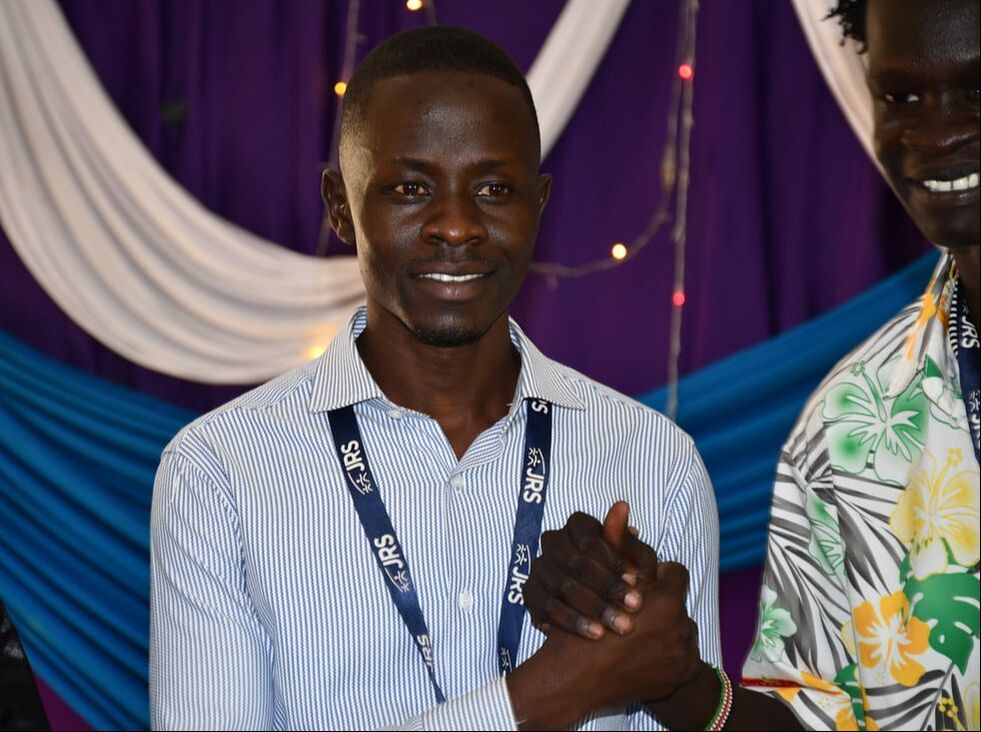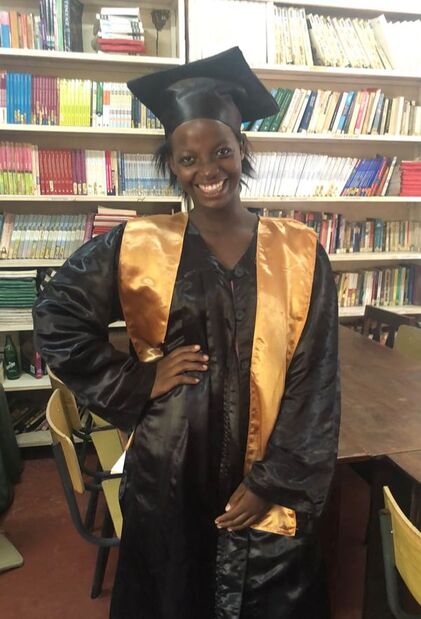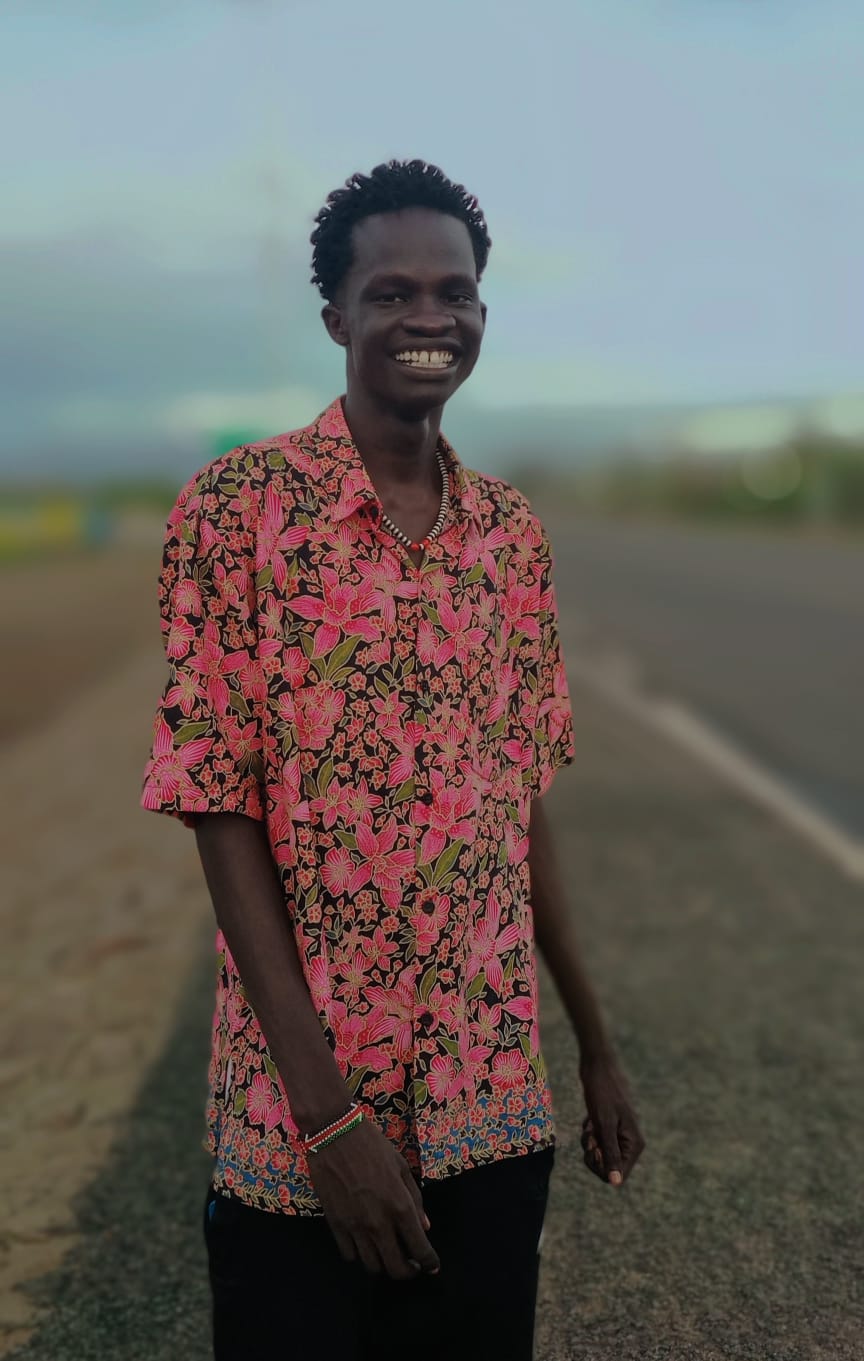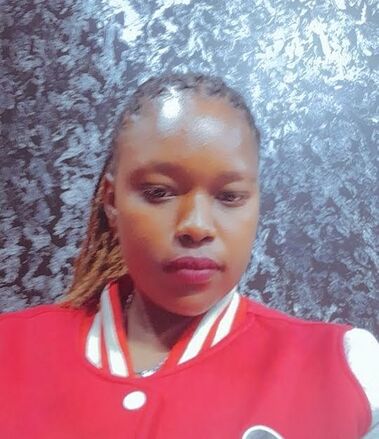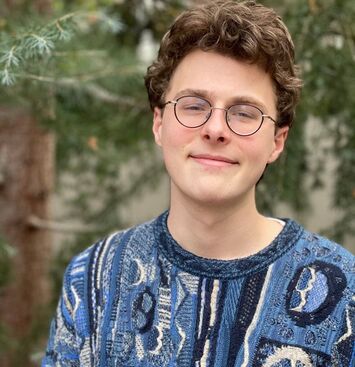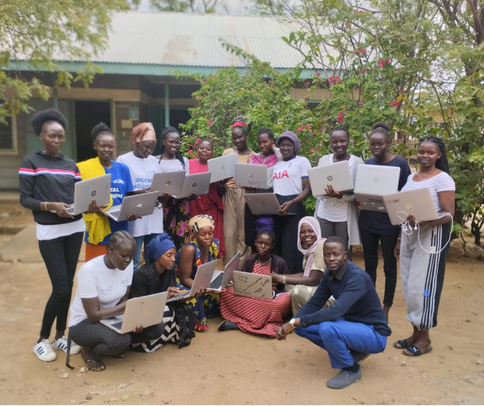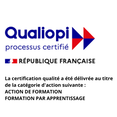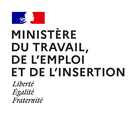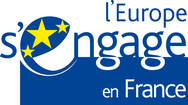0 Commentaires
Stan was our star student from the first-ever Konexio Digital Inclusion Program (DIP), launched in the Dzaleka Refugee Camp in 2019. A refugee from the DRC, Stan relocated to Malawi in 2016. Although he moved beyond the immediate threat of unrest, he struggled to overcome feelings of isolation and to find sustainable employment locally. After joining the DIP, Stan worked hard to master freelancing, and never lost hope when applying to jobs. Today, Stan has achieved financial freedom, gotten married, and launched his very own digital agency to employ others in the camp.
|
Archives
Avril 2024
Categories
Tous
|
-
Apprenants
- Compétences numériques
- Explore Ton Talent
- Initiation au code
- Développeur.euse Salesforce
- Developpeur.euse web
- Développeur.euse d’applications d’intelligence artificielle
- Cybersécurité orienté DevOps
- Technicien.ne réseaux
- Aidant.e.s numériques
- Nos formations à l'international
- Comment candidater ?
- Certification pix PLIE EPEC 2022-2023
- Learners
- Bénévoles
- Volunteer
- Entreprises
- Taxe d’apprentissage
- Implantations & Projets locaux
- Découvrir Konexio
-
Apprenants
- Compétences numériques
- Explore Ton Talent
- Initiation au code
- Développeur.euse Salesforce
- Developpeur.euse web
- Développeur.euse d’applications d’intelligence artificielle
- Cybersécurité orienté DevOps
- Technicien.ne réseaux
- Aidant.e.s numériques
- Nos formations à l'international
- Comment candidater ?
- Certification pix PLIE EPEC 2022-2023
- Learners
- Bénévoles
- Volunteer
- Entreprises
- Taxe d’apprentissage
- Implantations & Projets locaux
- Découvrir Konexio
|
Copyright © 2024 Konexio
Site design by Tarin Rickett |

